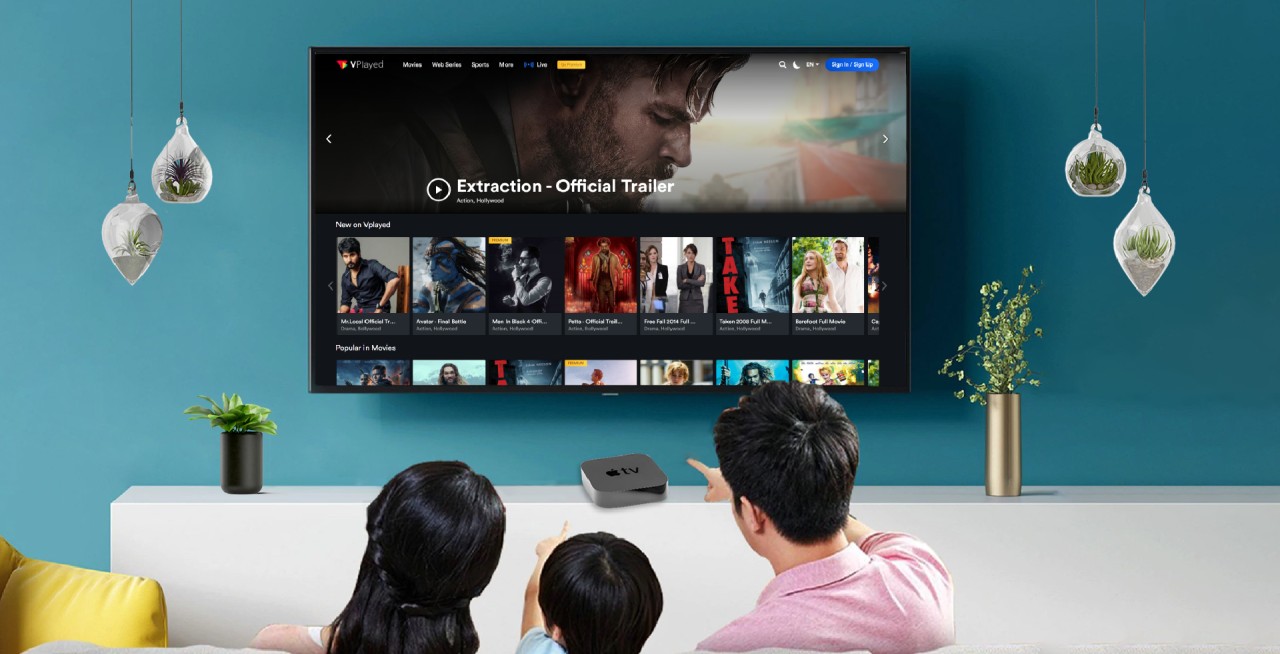In the fast-paced world of digital entertainment, iptv abonnement (Internet Protocol Television) services have emerged as a revolutionary force, transforming the way we consume television and multimedia content. Unlike traditional television broadcasts, which rely on terrestrial, satellite, or cable signals, IPTV delivers content over the internet. This shift has opened up a new realm of possibilities for viewers, offering unparalleled flexibility, personalization, and convenience.
What is IPTV?
IPTV stands for Internet Protocol Television, a system that uses internet protocols to deliver television programming and other multimedia content. Rather than relying on conventional broadcast methods, IPTV transmits data via an internet connection, allowing viewers to access a wide range of channels, on-demand content, and interactive features.
How Does IPTV Work?
At its core, IPTV works by converting TV signals into digital data that can be transmitted over the internet. This digital data is then delivered to a user’s device, such as a smart TV, computer, tablet, or smartphone, through a dedicated IPTV application or set-top box.
There are several types of IPTV services:
- Live IPTV: This provides real-time streaming of television channels, akin to traditional broadcast TV but delivered over the internet.
- Time-Shifted IPTV: This allows viewers to watch content after it has aired, essentially providing a catch-up TV experience.
- Video on Demand (VOD): This service offers a vast library of content that viewers can select and watch at their convenience.
- Near Video on Demand (NVOD): This system provides a schedule of on-demand content with a slight delay, allowing viewers to start watching at a scheduled time.
The Advantages of IPTV
- Flexibility and Convenience: IPTV allows viewers to watch content on a variety of devices, from televisions to mobile phones, at any time and from anywhere with an internet connection. This flexibility is a significant departure from the fixed schedules of traditional TV.
- Personalization: Many IPTV services offer personalized content recommendations based on viewing history and preferences. This customization enhances the viewing experience and helps users discover new content that aligns with their interests.
- Interactive Features: IPTV often includes interactive features such as digital video recording (DVR), pausing live TV, and interactive programming guides. These features give users greater control over their viewing experience.
- Cost-Effectiveness: IPTV can be more cost-effective than traditional cable or satellite TV. Many IPTV services offer flexible subscription plans and eliminate the need for expensive equipment and installation fees.
- Content Variety: IPTV services often provide access to a wider array of channels and content, including niche and international programming that may not be available through traditional broadcasters.
Challenges and Considerations
While IPTV offers numerous benefits, it is not without its challenges. The quality of IPTV service is heavily dependent on the strength and reliability of the user’s internet connection. Slow or unstable connections can lead to buffering and lower video quality.
Moreover, the legal landscape for IPTV can be complex. While many IPTV services operate legally, some may offer pirated content or operate in gray areas of copyright law. It’s crucial for users to choose reputable and licensed IPTV providers to ensure a legal and secure viewing experience.
The Future of IPTV
The future of IPTV is promising, with ongoing advancements in technology and increasing demand for digital content. As internet speeds continue to improve and streaming technology evolves, IPTV services are likely to become even more integrated into our daily lives. Innovations such as 5G networks, artificial intelligence, and virtual reality may further enhance the IPTV experience, offering even more immersive and interactive ways to enjoy television and multimedia content.
In conclusion, IPTV services represent a significant evolution in the world of television, offering flexibility, personalization, and convenience that traditional broadcast methods cannot match. As technology continues to advance, IPTV is set to play an even more prominent role in shaping the future of entertainment. Whether you’re a casual viewer or a dedicated media enthusiast, IPTV provides a dynamic and versatile platform for enjoying your favorite content.



